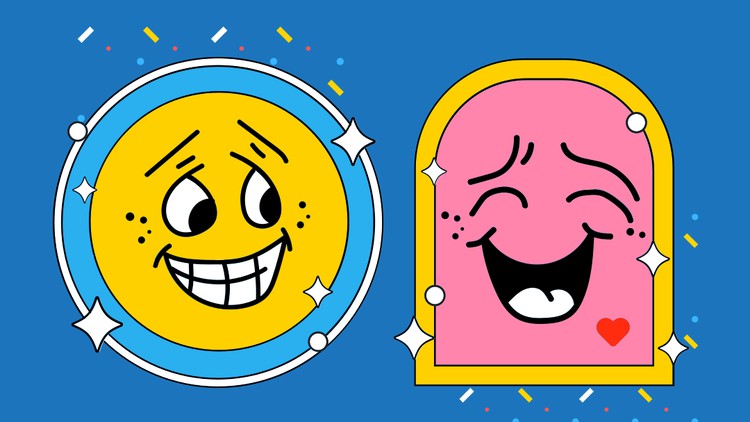
Enjoy the trip down giggle street
What you will learn
Some Funny Jokes
Laughter Therapy
Psychology of Humour
How to Make People Laugh
Description
Introduction:
Laughter is a universal and powerful human experience that is contagious, uplifting, and brings people together. This course will explore the psychology of laughter, its benefits, types of humour, what makes things funny, and how to make people laugh.
Course Outline:
Part 1: The Psychology of Laughter
– The benefits of laughter for mental and physical health
– The science of laughter and how the brain responds to humor
– The role of humour in human communication and social interaction
– Bad Dad jokes
– Interview with Comedian Terry Alderton
Part 2: Types of Humor
– Observational humour
– Wordplay and puns
– Satire and sarcasm
– Absurdity and surrealism
Part 3: What Makes Things Funny?
– The incongruity theory of humour
– The superiority theory of humour
– Theory of benign violation
– Theory of emotional relief
Part 4: How to Make People Laugh
– Developing a sense of humour and finding your comedic style
– Paying attention to your audience’s interests and sensitivities
– Using surprise and unexpected twists
– Timing and delivery
– Telling jokes and using humour in conversation
– Using humour in your presentations and public speaking
– Laughter Yoga
Part 5: Psychoanalysis of Jokes
– Introduction to Freud and Jokes
– Chapter 1: Theories of Humour
– Chapter 2: Freud’s Theory of Jokes
– Chapter 3: The Function of Jokes
– Chapter 4: The Structure of Jokes
– Chapter 5: The Dark Side of Jokes
– Chapter 6: Contemporary Theories of Humour
Assessment
Conclusion:
This course provides insights into the psychology of laughter, benefits, humour types, and what makes things funny, as well as practical tips on how to make people laugh. By learning how to use humour effectively, you can improve your social skills, communication, and personal relationships, and foster a more positive and fun-loving environment.
Content